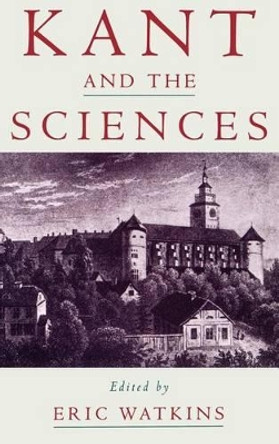This is a book about Kant's views on causality as understood in their proper historical context. Specifically, Eric Watkins argues that a grasp of Leibnizian and anti-Leibnizian thought in eighteenth-century Germany helps one to see how the critical Kant argued for causal principles that have both metaphysical and epistemological elements. On this reading Kant's model of causality does not consist of events, but rather of substances endowed with causal powers that are exercised according to their natures and circumstances. This innovative conception of Kant's view of causality casts a light on Kant's philosophical beliefs in general, such as his account of temporality, his explanation of the reconciliation of freedom and determinism, and his response to the skeptical arguments of Hume.
A book about Kant's views on causality as understood in their proper historical context.About the AuthorEric Watkins is Associate Professor of Philosophy at the University of California, San Diego.
Reviews'... an interesting and important work, which could be one of the two or three most significant works on Kant's theoretical philosophy to be published in the last decade.' Paul Guyer, University of Pennsylvania
Book InformationISBN 9780521835671
Author Eric WatkinsFormat Hardback
Page Count 464
Imprint Cambridge University PressPublisher Cambridge University Press
Weight(grams) 720g
Dimensions(mm) 229mm * 152mm * 30mm









